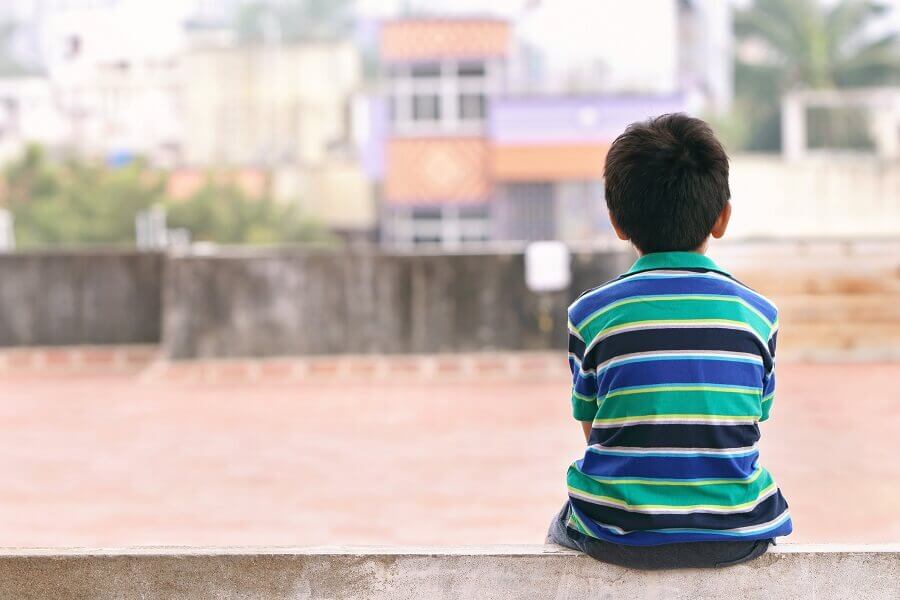If your older child is learning remotely, it may increase the risk of depression in them as a new study suggests that higher levels of electronic learning time is associated with increased levels of depression and anxiety.
The study indicated that in older children and youth, higher levels of TV or digital media time were associated with higher levels of depression, anxiety, and inattention; higher levels of video game time were associated with higher levels of depression, irritability, inattention, and hyperactivity.
“Our findings may help inform public health guidelines that consider different forms of screen use in prevention of mental health disorders in children and youth during the pandemic,” said researchers, including Xuedi Li from the Hospital for Sick Children, Toronto.
For the study, published in the journal JAMA Network Open, the team included 2,026 children to determine whether specific forms of screen use were associated with symptoms of depression, anxiety, conduct problems, irritability, hyperactivity and inattention in children and youth during Covid-19.

A longitudinal cohort study with repeated measures of exposures and outcomes was conducted in children and youth aged 2 to 18 years in Ontario, Canada, between May 2020 and April 2021 across 4 cohorts of children or youth: 2 community cohorts and 2 clinically referred cohorts.
Parents were asked to complete repeated questionnaires about their children’s health behaviours and mental health symptoms during Covid-19.
The research also suggests that policy intervention as well as evidence-informed social supports are needed to promote healthful screen use and mental health in children and youth during the pandemic and beyond.














